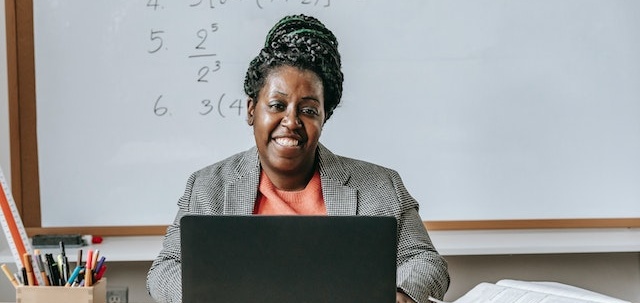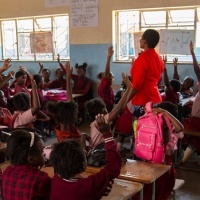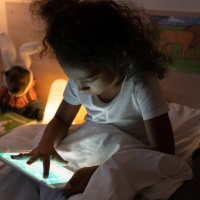Photo by Katerina Holmes
The commencement of a new school session has brought with it the familiar rhythm of academic life. The hallways echo with the hurried footsteps of students, the classrooms buzz with discussions and lectures, and the administrative offices are swamped with paperwork. Weekly book submissions, meticulous lesson notes, disciplinary cases for different students, assorted complaints, and the endless stream of explanations—all these have returned to dominate our daily routines. As teachers, we find ourselves navigating the labyrinthine corridors of education once more, grappling with the old adversaries of exhaustion and the ceaseless race against time. Such is the life of a teacher, a perpetual balancing act of responsibilities and aspirations.
But what truly sets this new school session apart? It isn't the curriculum, the subjects, or even the cast of characters—students, teachers, and ancillary staff—that make it distinctive. It's the times we find ourselves in and the unique challenges they bring. These times are marked by socio-cultural and techno-cultural innovations that evolve at a pace previously unseen. To excel in our roles as educators, we must not merely keep pace with these changes but strive to stay one step ahead, to be at the forefront of innovation and adaptability.
As educators, our paramount duty is to prepare the children we teach for a future that remains uncertain, a future that demands ingenuity, adaptability, and resilience. The contours of this future may be hazy and elusive, known to none, but it is a future that must be forged through our collective perception and intuition. Our challenge, then, is not merely to impart knowledge and skills but to cultivate in our students the ability to think critically, to solve problems creatively, and to embrace change as a constant companion on their lifelong journey of learning.
In these times of rapid transformation, where technology redefines the boundaries of human interaction and artificial intelligence reshapes the landscapes of industry and commerce, our role as educators is more crucial than ever. We must foster a learning environment that not only imparts academic knowledge but also nurtures emotional intelligence, ethical values, and the capacity for adaptability. Our classrooms should be crucibles of creativity, where students can experiment, fail, and learn from their mistakes, all the while guided by our unwavering commitment to their growth.
To meet the challenges of these evolving times, educators must themselves be lifelong learners. We must be willing to embrace new technologies, pedagogical approaches, and teaching methodologies. Continuous professional development and collaboration with peers become essential tools in our arsenal, allowing us to remain relevant and effective in an ever-changing educational landscape.
In conclusion, the new school session may feel like a familiar journey, but it is one that unfolds in the context of a world undergoing rapid transformation. It is our duty as teachers not only to navigate this terrain but to lead our students through it, equipping them with the skills and mindset necessary to thrive in the unknown future. As we embark on this educational voyage, let us remember that we are not just shaping minds; we are nurturing the architects of tomorrow, and the legacy we leave will be etched in the dreams and achievements of the generations we inspire.












Comments